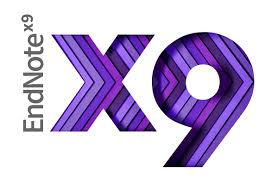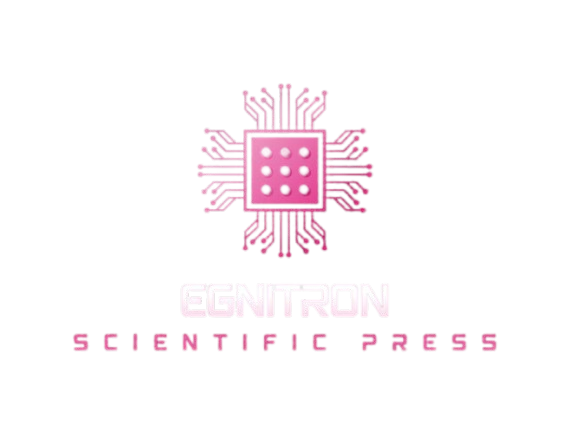Aim and Scope
The International Journal of Digital Twin Systems and Computing (IJDTSC) is a high-quality, peer-reviewed journal dedicated to the theory, development, and application of digital twin technologies across multidisciplinary domains. The journal aims to serve as a leading forum for researchers, engineers, scientists, and practitioners to share innovative developments, methodologies, and real-world deployments of digital twin systems and computing technologies.
IJDTSC promotes a systems-thinking approach by publishing contributions that address the full digital twin lifecycle from initial modeling and simulation to real-time synchronization, intelligent decision-making, and long-term system evolution. The journal emphasizes both foundational research and application-driven studies that advance the understanding and utility of digital twins in diverse sectors.
Scope of the Journal
IJDTSC welcomes original research articles, review papers, short communications, and case studies in areas including, but not limited to:
Core Topics
- Digital twin architectures, frameworks, and reference models
- Modeling, simulation, and co-simulation techniques
- Real-time data synchronization and cyber-physical integration
- Artificial intelligence, machine learning, and data analytics in twin environments
- Scalable and distributed twin systems: IoT, edge, fog, and cloud integration
- Cybersecurity, data privacy, and trust mechanisms in digital twins
- Standards, ontologies, and interoperability of twin systems
- Visualization, human-in-the-loop systems, and AR/VR integrations
Application Domains
- Industry 4.0 and smart manufacturing
- Smart cities, mobility, and urban infrastructure
- Aerospace, automotive, and defense systems
- Healthcare and personalized medicine
- Energy systems and smart grids
- Civil engineering, construction, and infrastructure monitoring
- Environmental modeling and precision agriculture
Indexing-Oriented Focus
To align with Scopus and Web of Science indexing standards, IJDTSC prioritizes:
- Scientific rigor and methodological soundness
- International authorship and editorial diversity
- Novelty, impact, and contribution to the field
- Ethical publishing practices and peer-review integrity
- Cross-disciplinary relevance and citation potential
“IJDTSC aspires to become a premier publication indexed in Scopus, Web of Science, and other major scholarly databases. The journal maintains high editorial and peer-review standards to ensure the publication of impactful and high-citation research in the rapidly growing domain of digital twin systems”.













